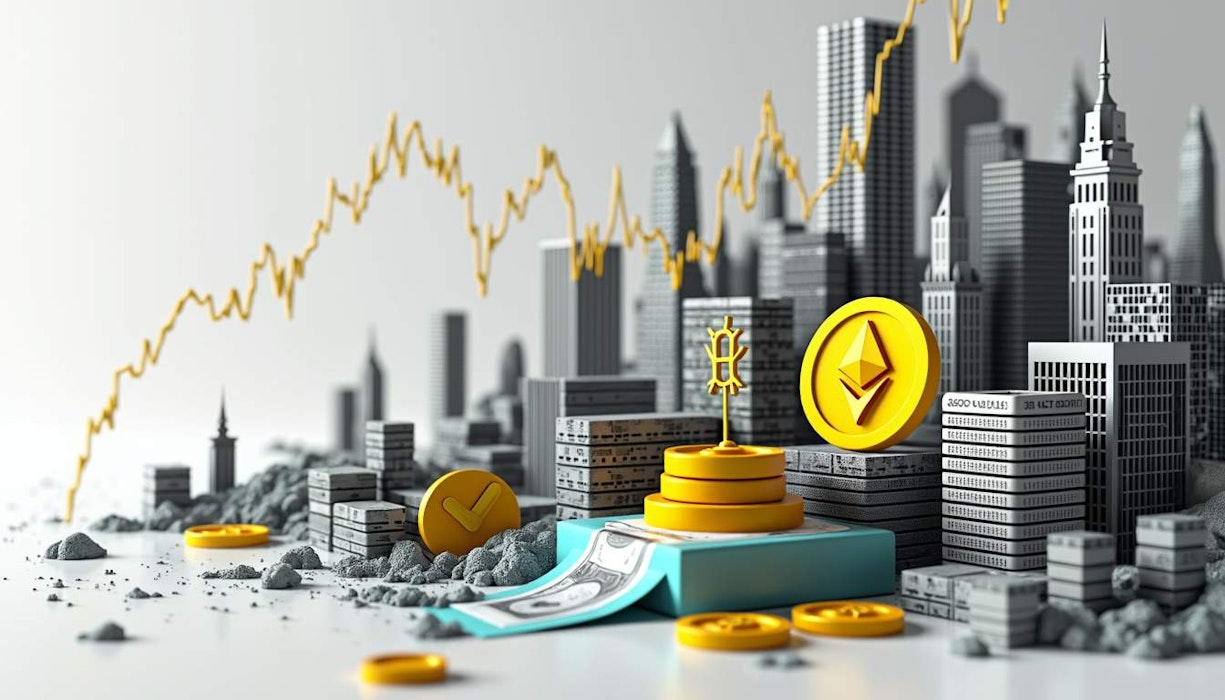As the U.S. presidential election draws near, the betting markets are buzzing, especially with Donald Trump's odds seeing an unexpected jump. But do these numbers genuinely reflect electoral sentiment, or are they just speculative bubbles fueled by foreign influence? Let's dive into the world of political betting, explore its parallels with cryptocurrency trading platforms, and assess whether these odds can be trusted.
Trump’s Odds: What Do They Mean?
In just a few weeks, Trump’s chances have skyrocketed to over 60% on platforms like Polymarket and Kalshi. This surge is particularly fascinating given that he has skipped several major media opportunities, including a debate. Yet, bettors seem undeterred; in battleground states like Pennsylvania, where his win probability sits at 62%, the support appears robust.
What’s interesting is that Polymarket alone has seen over $700 million in volume—far surpassing any activity on Vice President Kamala Harris, who is trailing Trump by a considerable margin. It makes one wonder if these betting platforms are the best crypto market out there for gauging political outcomes.
Are Betting Markets Reliable?
Not everyone is convinced that these markets are accurate predictors. Enter Mark Cuban. The billionaire investor recently voiced his skepticism on CNBC, suggesting that platforms like Polymarket are heavily influenced by foreign money—money that skews the results and makes them less reliable as indicators of American sentiment.
Cuban's assertion raises a crucial point: if most capital flowing into these markets comes from outside the U.S., then perhaps it reflects foreign preferences rather than those of American voters. And if that's the case, how useful can these odds really be?
The Speculative Nature of Betting Markets
To determine whether betting odds "know best", we must understand how prediction markets function—they aggregate information (and sometimes speculation) from thousands of participants. In theory, this should create an efficient market; in practice, however, things can get messy.
For instance, Trump's recent surge might just be a short-term reaction among his base to some localized event—it doesn’t necessarily mean he’ll win come election day. Furthermore, Cuban's argument about foreign influence suggests that those betting may not even be attempting to predict accurately; they might simply be betting on what they hope will happen.
Parallels With Cryptocurrency Trading
Interestingly enough, there's a striking similarity between political betting markets and cryptocurrency trading platforms: both are highly volatile and speculative arenas often driven by large bets from a few influential players.
Take Polymarket as an example: one bettor—a French national—has placed $28 million on Trump winning across multiple accounts! Just like crypto "whales", such concentrated bets can create narratives that don’t necessarily reflect broader consensus.
Moreover, both spheres are ripe for manipulation. In crypto trading—especially with leverage—the potential for massive gains (or losses) creates an environment where risk management becomes essential. Similarly, large bets in political markets can skew perceptions and outcomes.
Summary: Can We Trust These Odds?
Trump's surge in betting odds has ignited discussions about the reliability of such markets as predictors of electoral outcomes. Mark Cuban's critique serves as a reminder to scrutinize our sources; if foreign money is indeed distorting these odds, then perhaps they're capturing more noise than actual sentiment.
As we inch closer to election day, it becomes imperative to question whether these speculative bubbles will pop or hold steady—and whether they ever truly reflected reality in the first place.
